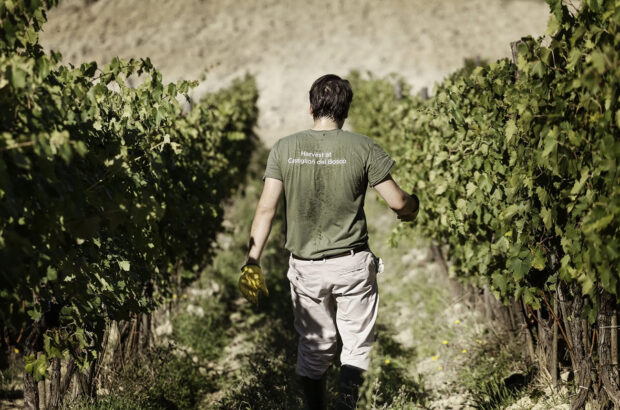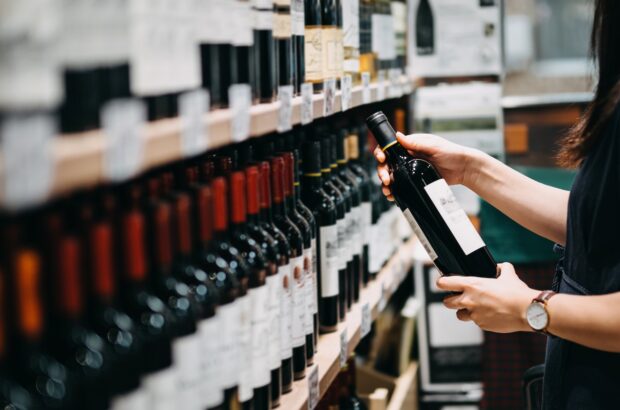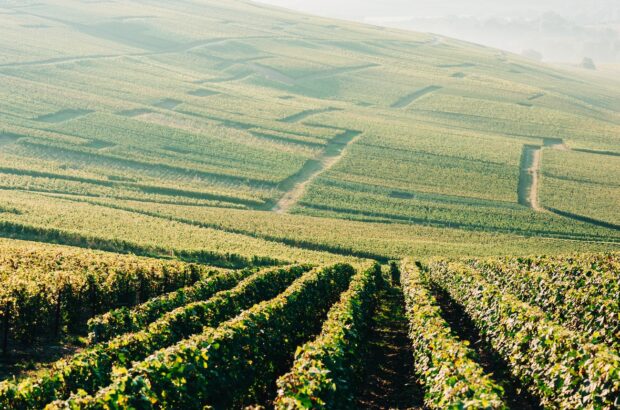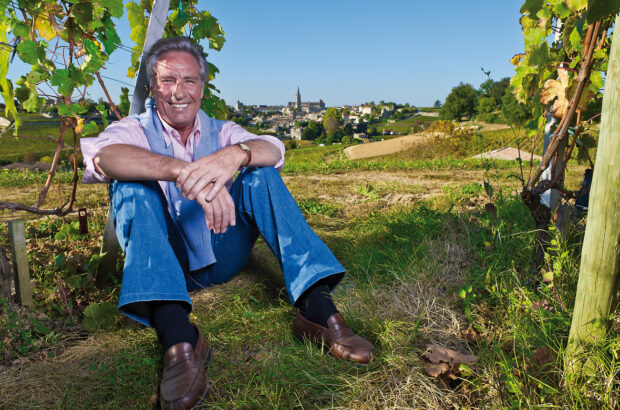A year since Rudy Kurniawan was convicted for mass wine fraud in the US, experts are preparing to enter his private cellar to see if wines can be sold to compensate victims owed nearly $30m.
Labels found in Rudy Kurniawan’s home after an FBI raid. He printed labels on his computer. Image source: FBI
US officials have asked a team at Chai Consulting, the cellar management and authentication business run by Maureen Downey, to inspect Rudy Kurniawan‘s personal collection. They are due to begin in January 2015.
‘We are charged with vetting his collection for [non-fake] wines that are saleable,’ Downey told Decanter.com.
It is hoped the cellar’s contents will at least go some way to repaying the millions of dollars owned to those who bought purportedly rare wines from Kurniawan – only to find they had been duped in what the FBI termed a ‘smoke and mirrors’ operation.
News of the cellar inspection comes one year after Kurniawan, known as Dr Conti, was convicted in a New York court for making and selling fake wine, as well as for fraudulently attempting to get a $3m loan. He is now serving a 10-year prison sentence and has been ordered to repay $28.4m to victims of his wine fraud.
Little is known about Kurniawan’s own wine cellar. Downey said she was unable to reveal details of the supposed contents at this stage, but added that ‘the list of wines we are to examine is amazing’.
It is believed that the cellar provided some of the base wine for Kurniawan’s forgeries, which he concocted in the kitchen sink of the Los Angeles home that he shared with his mother.
Several experts have said that one of the most cunning aspects of Kurniawan’s fraud was that he used good wines to give his fakes a more authentic feel.
He is also thought to have seduced collectors with the real versions of fine wines over dinner, before subsequently sending them fakes.
Looking ahead to 2015, Downey said she plans to launch a subscription website in March, named WineFraud.com, which will offer information on how to spot fakes. Chai Consulting has joined with another authentication expert, Michael Egan, for the move.
Work is also continuing to find more of Kurniawan’s fake wines that were believed to be in consumers’ private cellars.
Decanter.com understands that the FBI was recently made aware of one New York retailer selling counterfeit Kurniawan wines that were the same as those used as exhibits during the trial.
Written by Chris Mercer







